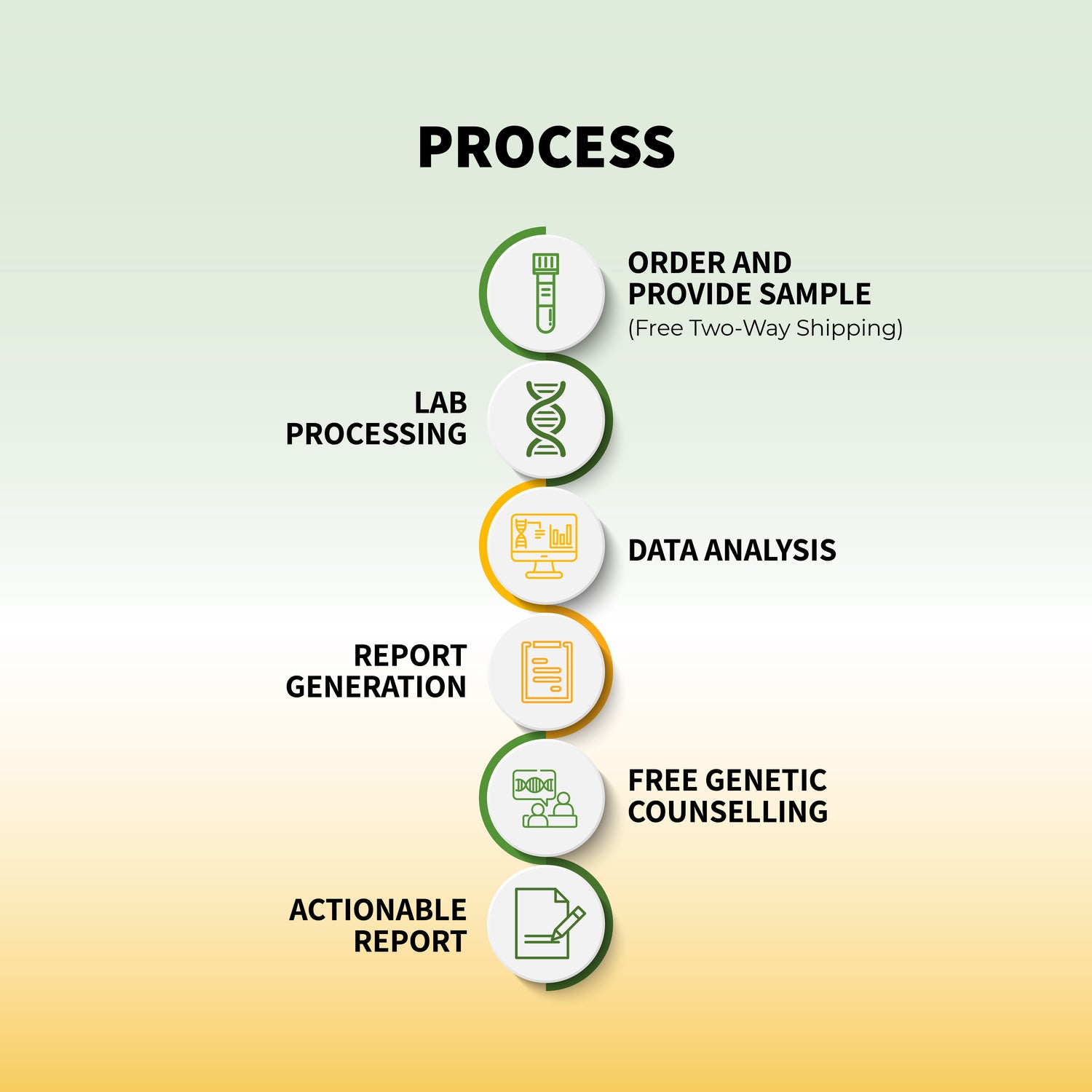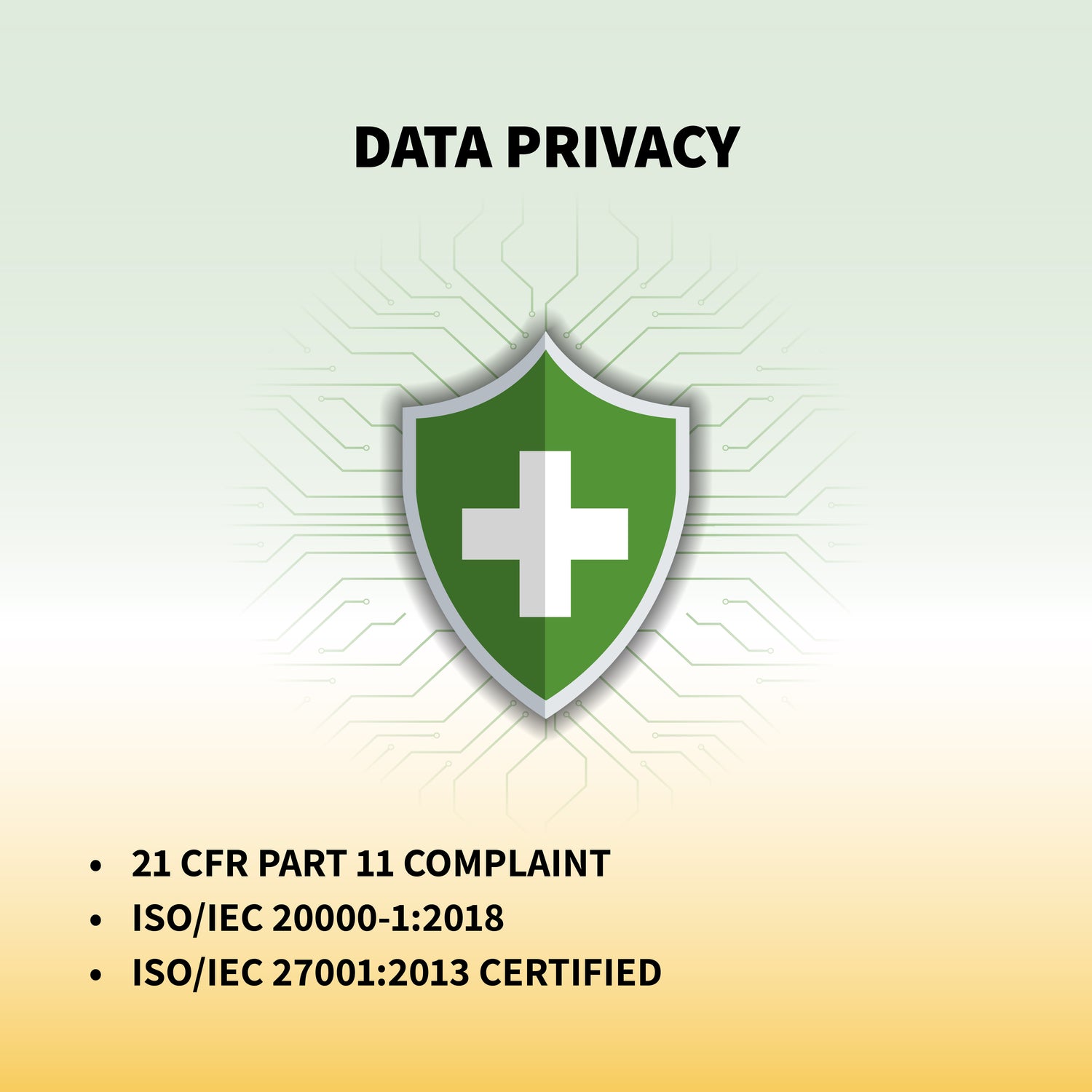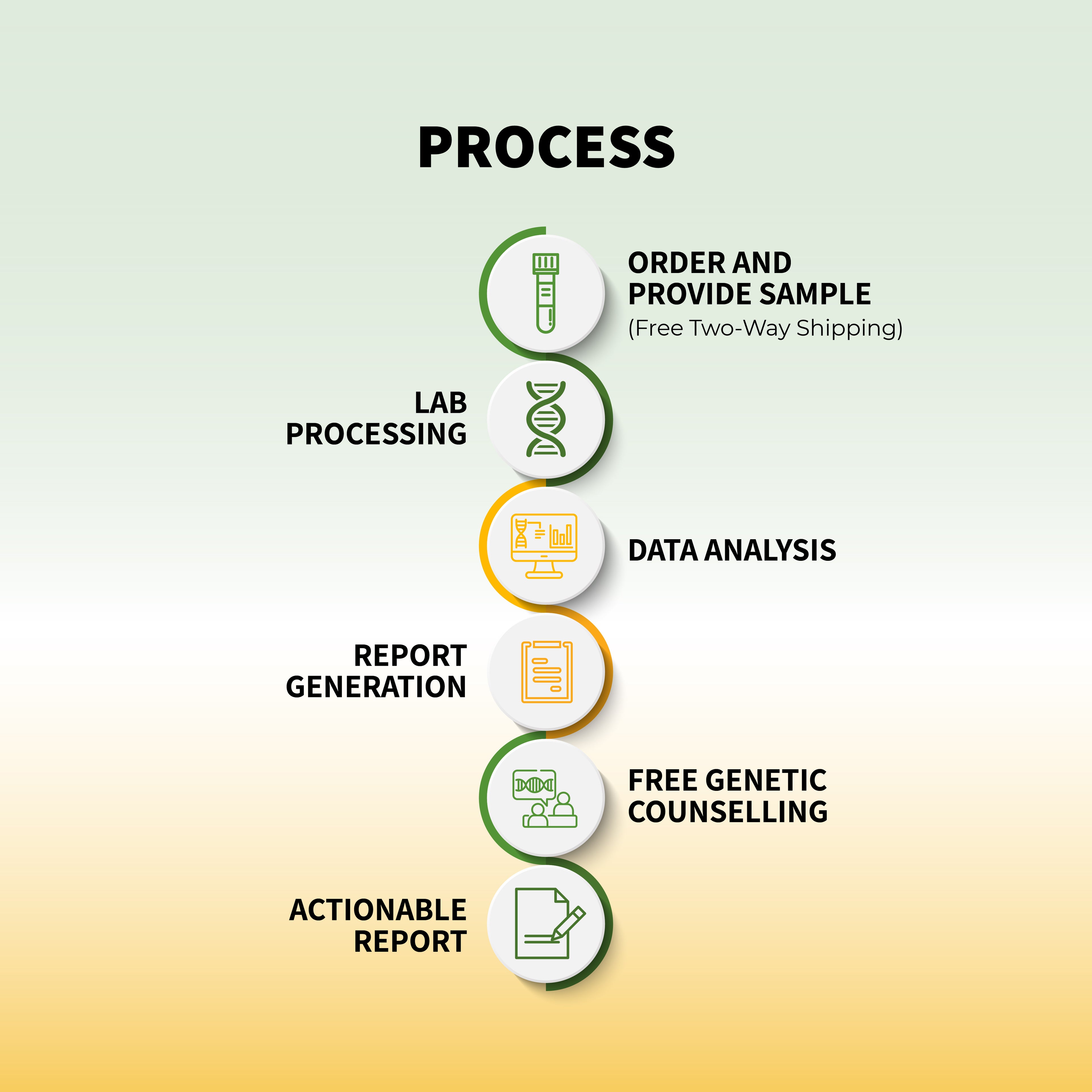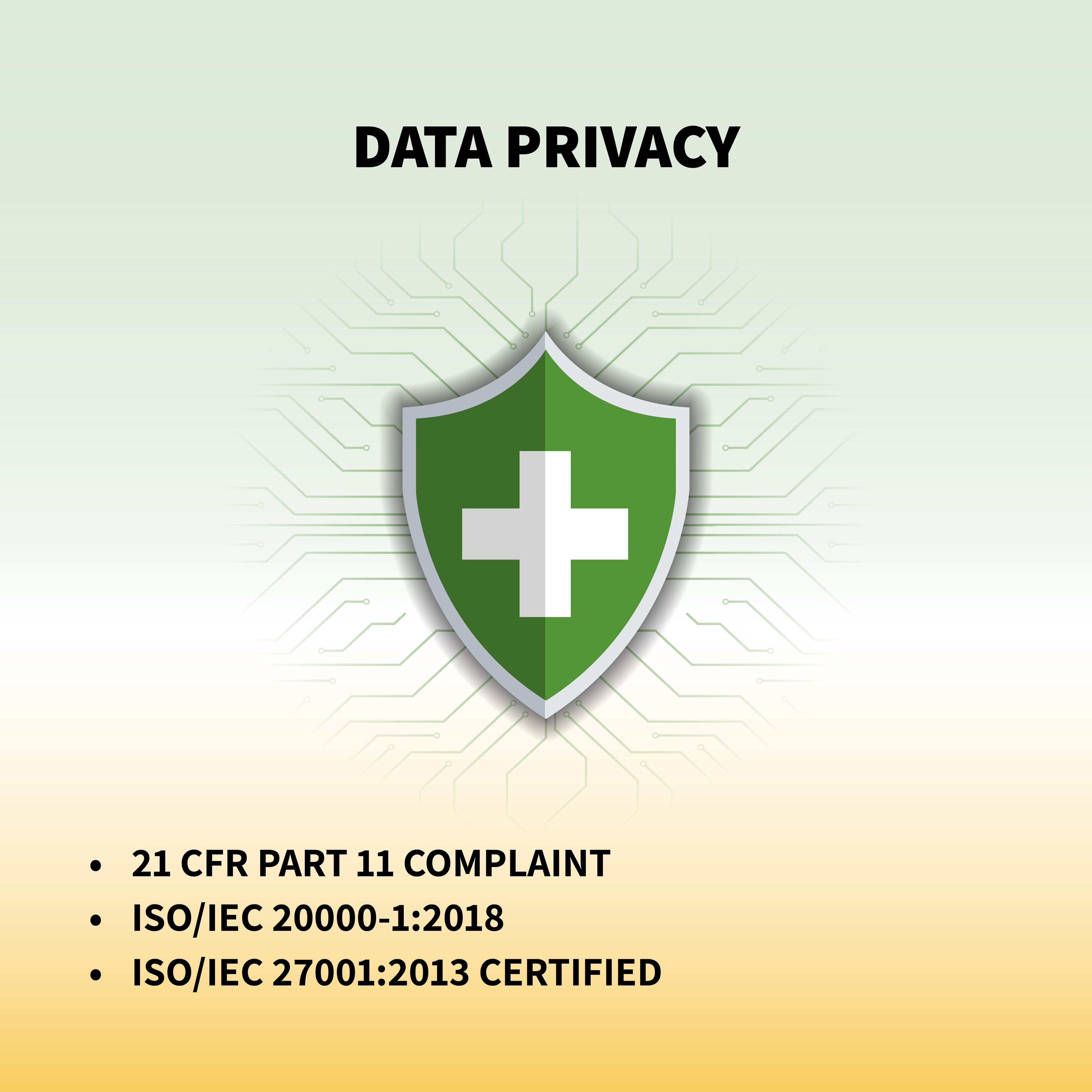Essential Tips for Diabetes
Maintaining a healthy diet is crucial for everyone, but it becomes even more important for individuals managing diabetes. A well-balanced diet not only helps in regulating blood sugar levels but also improves digestion and overall health. This comprehensive guide will explore the relationship between diet, blood sugar, diabetes, and digestion, providing essential tips to help you make informed dietary choices.
Understanding Diabetes and Blood Sugar
Diabetes is a chronic condition characterized by high blood sugar (glucose) levels. The two main types are Type 1 and Type 2 diabetes. While Type 1 diabetes is an autoimmune condition, Type 2 diabetes is largely influenced by lifestyle factors, including diet and physical activity.
Blood sugar management is a critical aspect of diabetes care. Glucose levels can be influenced by various factors, including the type and quantity of food consumed. Thus, understanding how different foods affect blood sugar is essential for effective diabetes management.
The Importance of a Healthy Diet
A healthy diet for individuals with diabetes should focus on the following principles:
-
Balanced Macronutrients: Consuming the right proportions of carbohydrates, proteins, and fats is essential. Carbohydrates have the most significant impact on blood sugar levels, so their type and quantity should be carefully monitored.
-
High Fiber: Fiber helps in slowing down the digestion and absorption of carbohydrates, leading to a more gradual rise in blood sugar levels. High-fiber foods include vegetables, fruits, whole grains, and legumes.
-
Low Glycemic Index (GI): Foods with a low GI are digested and absorbed more slowly, causing a slower and smaller rise in blood sugar levels. Examples include most fruits, non-starchy vegetables, legumes, and whole grains.
-
Portion Control: Managing portion sizes helps in controlling calorie intake and maintaining a healthy weight, which is crucial for managing diabetes.
Foods That Help Manage Blood Sugar Levels
Here are some specific foods and nutrients that can help in managing blood sugar levels:
-
Leafy Greens: Spinach, kale, and other leafy greens are low in calories and carbohydrates but high in vitamins and minerals. They have a minimal impact on blood sugar levels.
-
Nuts and Seeds: Almonds, chia seeds, and flaxseeds provide healthy fats, protein, and fiber, which help in stabilizing blood sugar levels.
-
Berries: Blueberries, strawberries, and other berries are low in sugar but high in fiber and antioxidants, making them a great choice for a diabetes-friendly diet.
-
Whole Grains: Foods like quinoa, brown rice, and whole wheat bread have a lower glycemic index compared to refined grains and help in maintaining stable blood sugar levels.
-
Fish: Rich in omega-3 fatty acids, fish like salmon and mackerel can improve heart health, which is particularly important for people with diabetes.
Improving Digestion with a Healthy Diet
Proper digestion is vital for overall health and can be particularly challenging for people with diabetes. Here are some dietary tips to improve digestion:
-
Stay Hydrated: Drinking enough water is essential for healthy digestion as it helps in breaking down food and absorbing nutrients.
-
Eat Plenty of Fiber: A high-fiber diet not only helps in managing blood sugar but also promotes healthy digestion by preventing constipation and promoting regular bowel movements.
-
Probiotics and Prebiotics: Foods like yogurt, kefir, sauerkraut, and other fermented foods contain probiotics that support gut health. Prebiotic-rich foods like garlic, onions, and bananas feed the beneficial bacteria in the gut.
-
Avoid Processed Foods: Processed foods often contain additives and preservatives that can disrupt the digestive system and contribute to inflammation.
-
Regular Meal Times: Eating at regular intervals helps in maintaining steady blood sugar levels and supports healthy digestion by regulating the body's internal clock.
Meal Planning Tips for Diabetes Management
Effective meal planning is crucial for managing diabetes. Here are some tips to help you plan balanced and nutritious meals:
-
Create a Meal Schedule: Plan your meals and snacks to be consumed at regular intervals throughout the day to prevent blood sugar spikes and crashes.
-
Balance Your Plate: Ensure that each meal contains a good balance of carbohydrates, proteins, and fats. Use the "plate method" by filling half of your plate with non-starchy vegetables, a quarter with lean protein, and the remaining quarter with whole grains or starchy vegetables.
-
Smart Snacking: Choose snacks that combine protein and fiber, such as an apple with almond butter or Greek yogurt with berries, to help keep you full and maintain stable blood sugar levels.
-
Cook at Home: Preparing meals at home allows you to control the ingredients and portion sizes, making it easier to stick to your dietary goals.
-
Read Labels: Pay attention to nutritional labels on packaged foods to make informed choices. Look for foods low in added sugars, unhealthy fats, and sodium.
Conclusion
Managing diabetes through a healthy diet is essential for maintaining optimal blood sugar levels, improving digestion, and overall well-being. By focusing on balanced nutrition, high-fiber foods, low glycemic index options, and proper meal planning, you can effectively manage your diabetes and lead a healthier life. Remember, always consult with a healthcare professional or a registered dietitian to tailor dietary recommendations to your specific needs.















